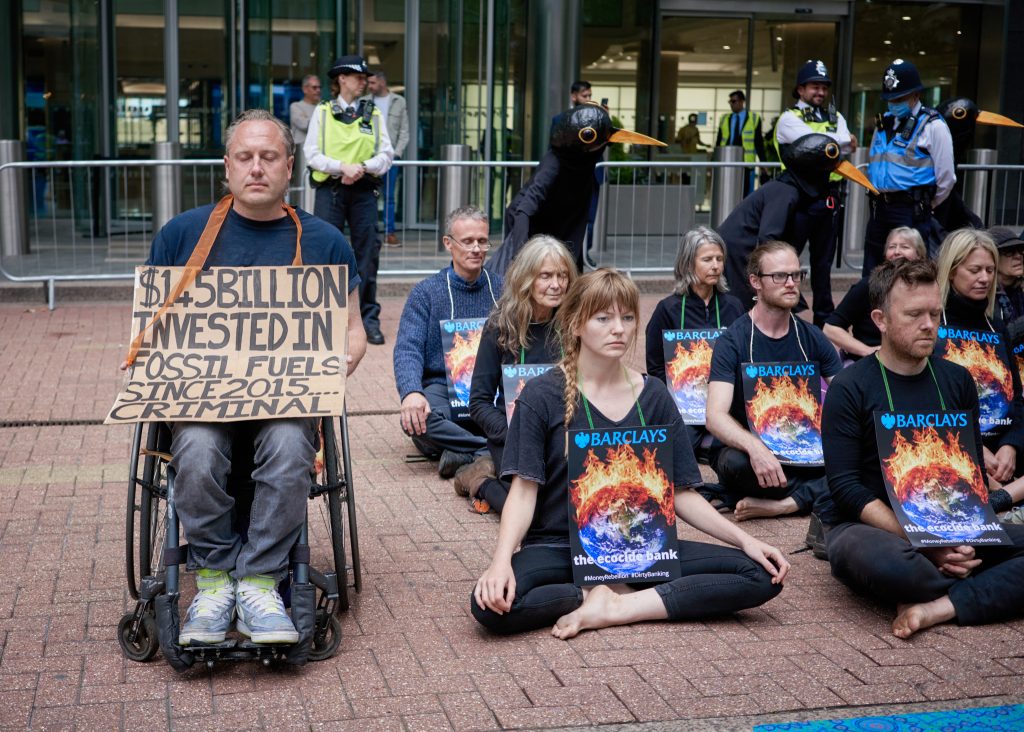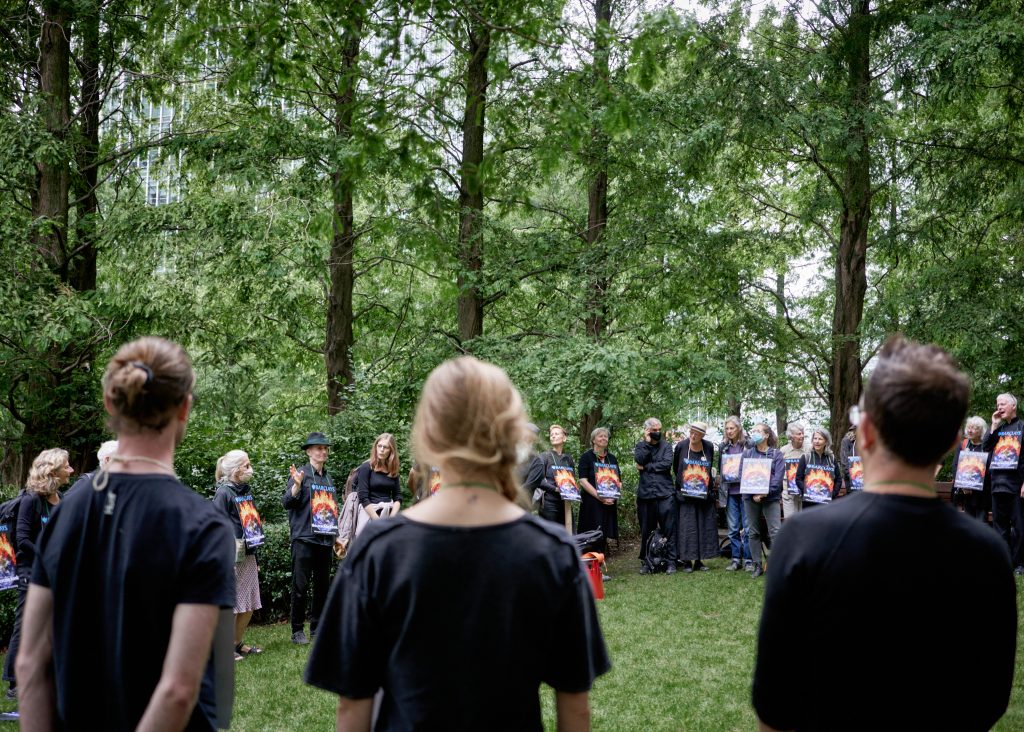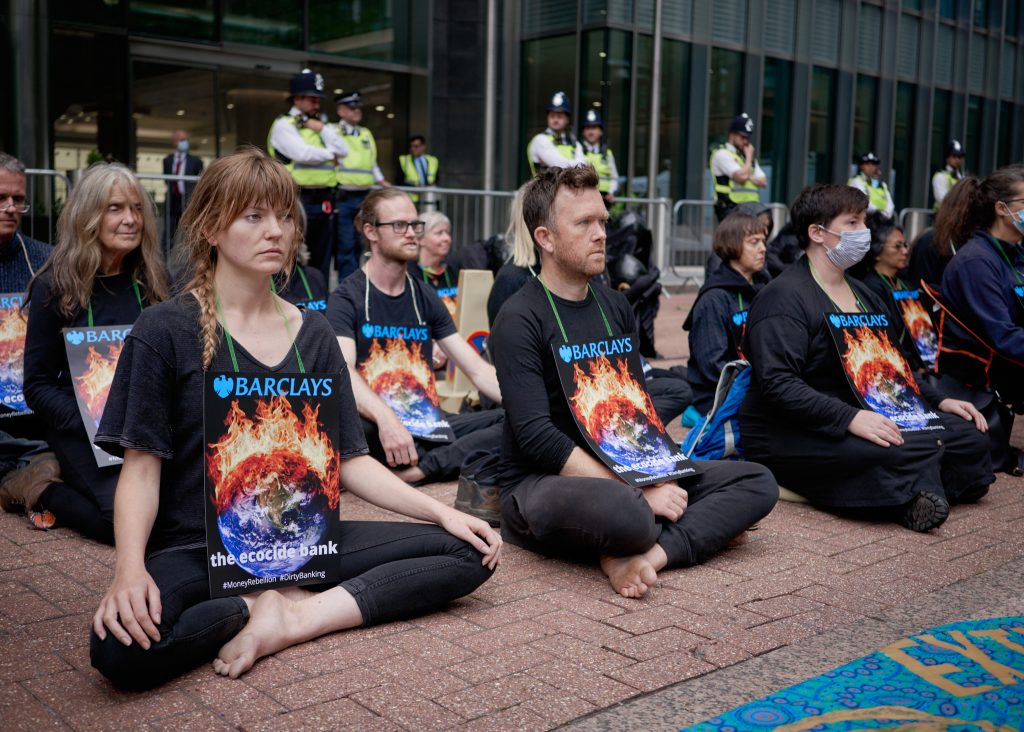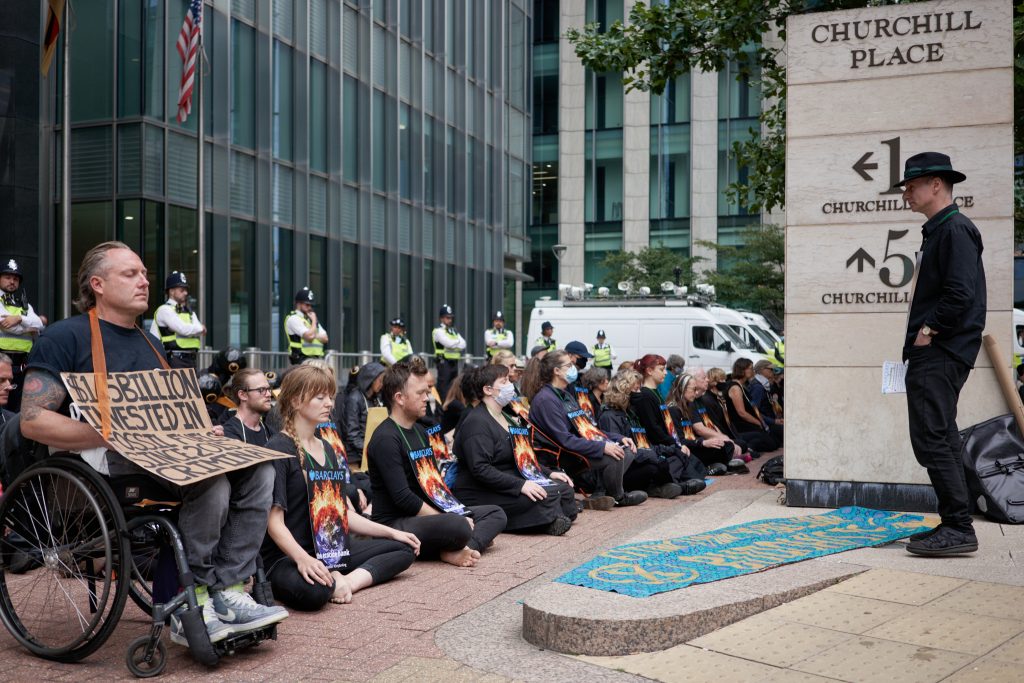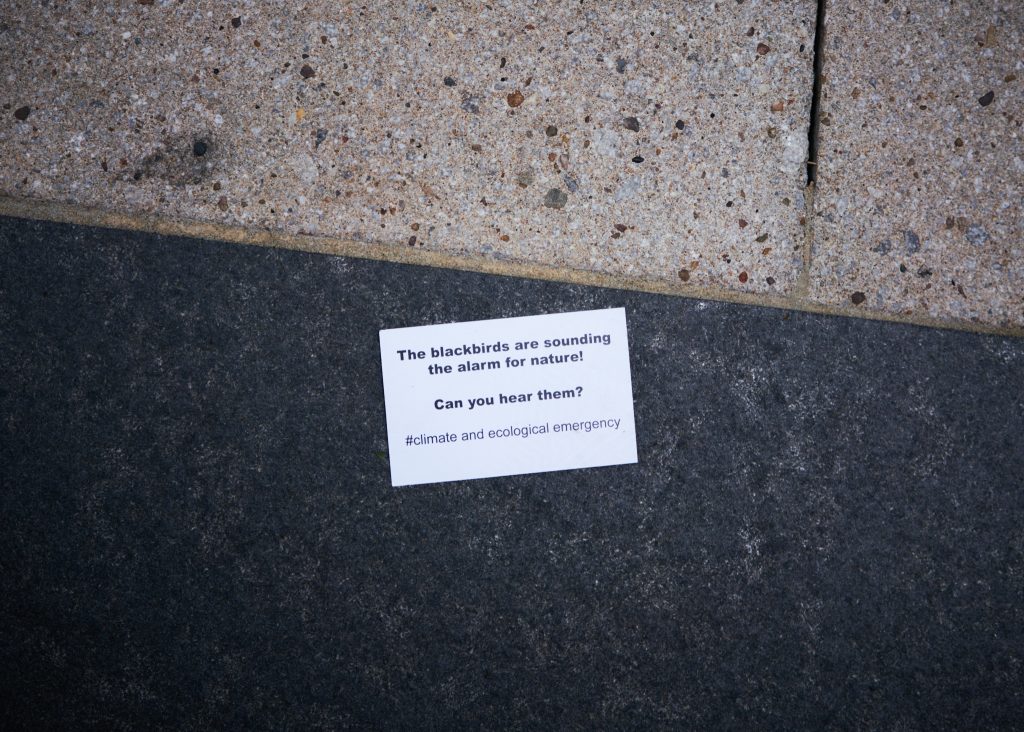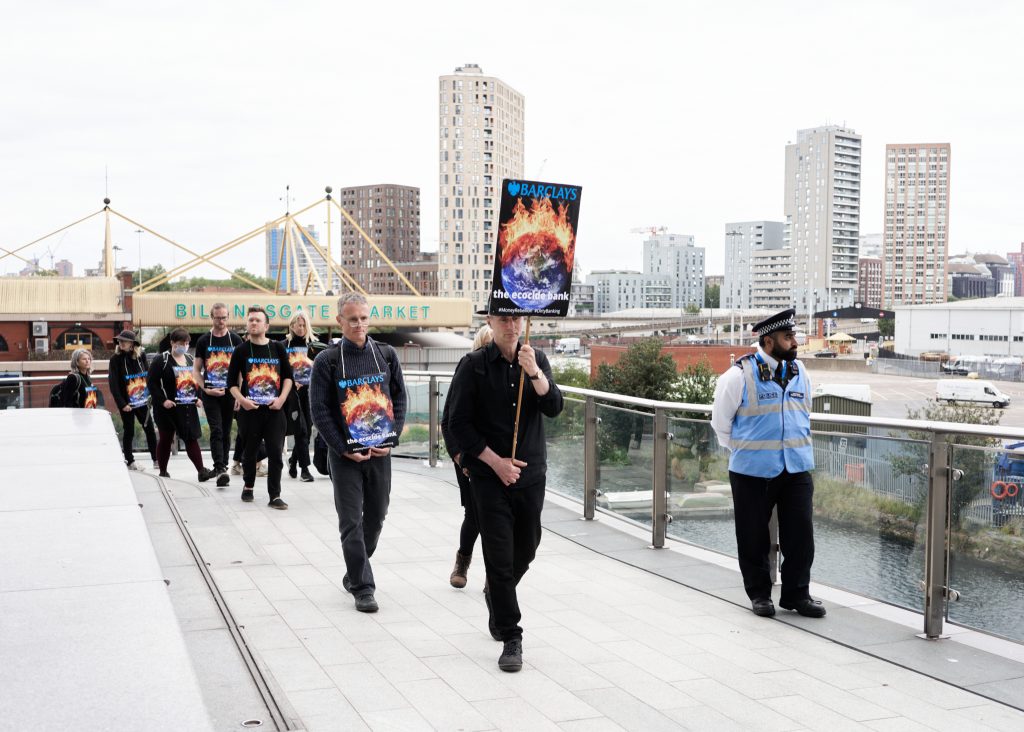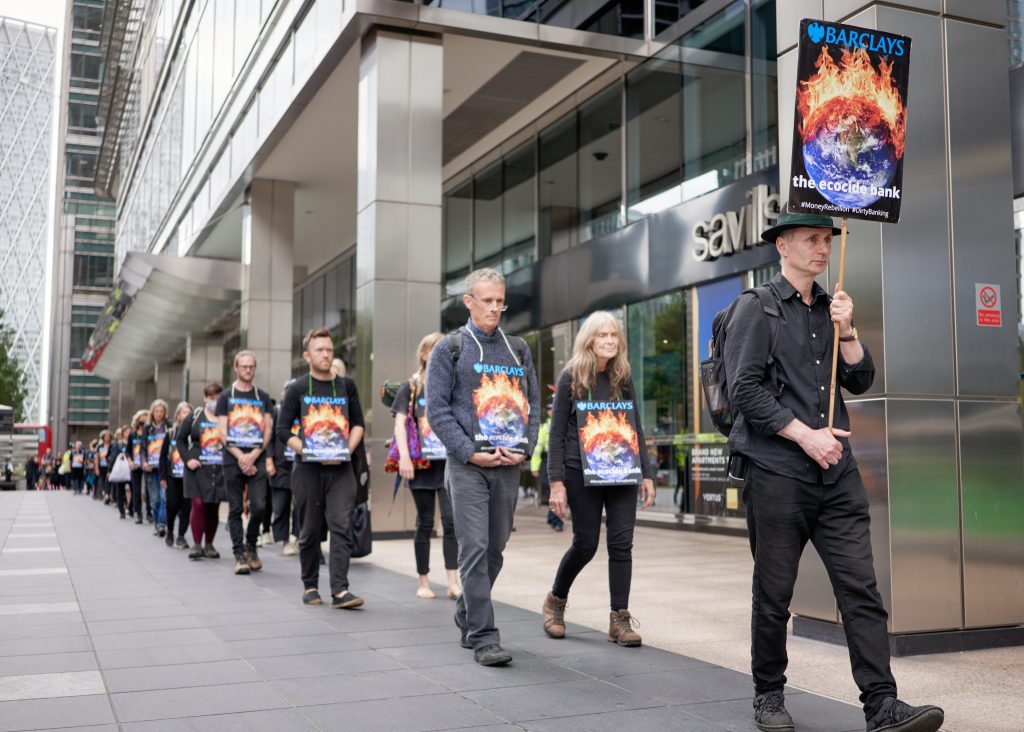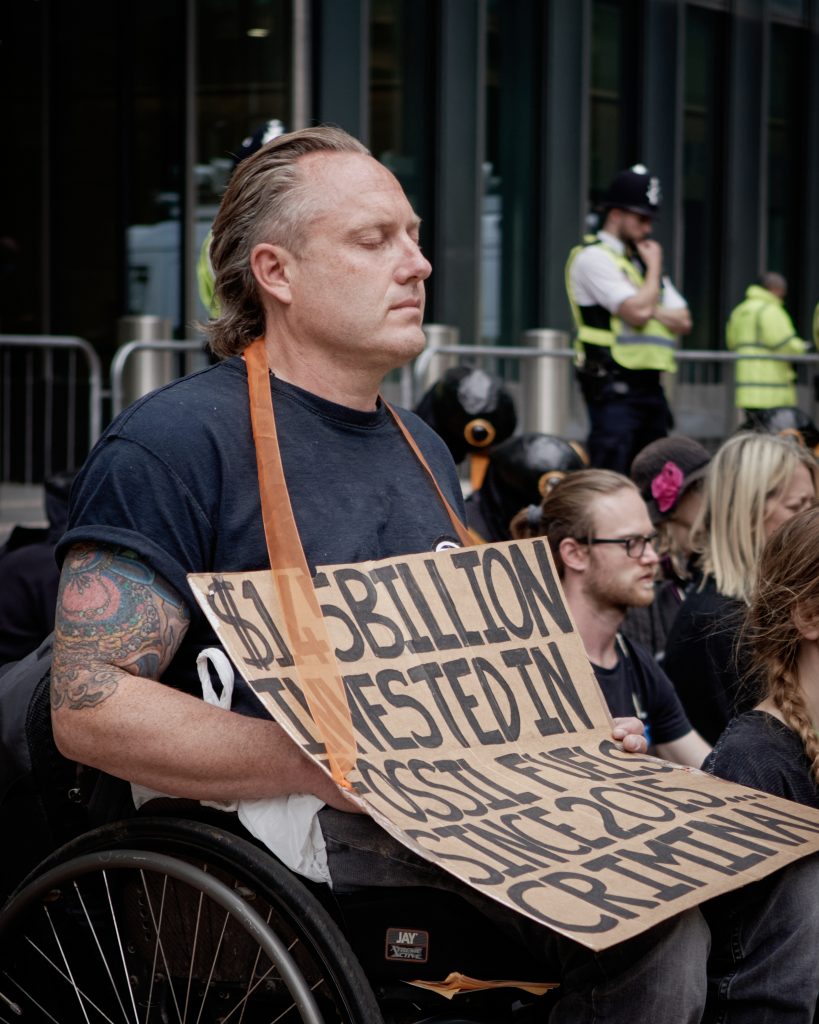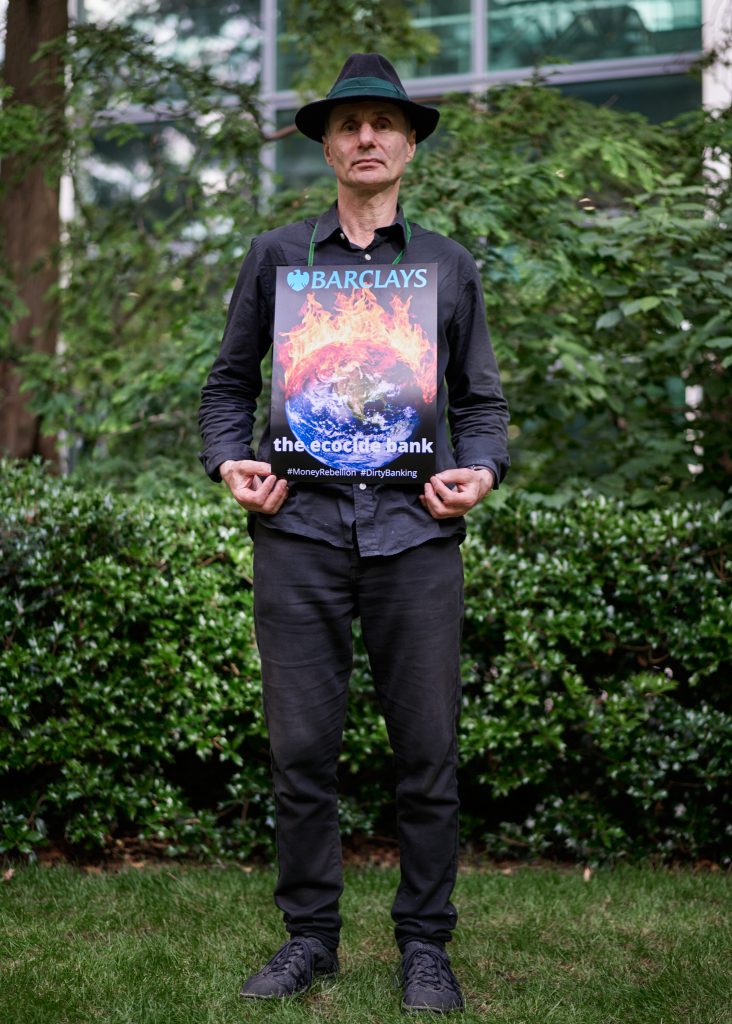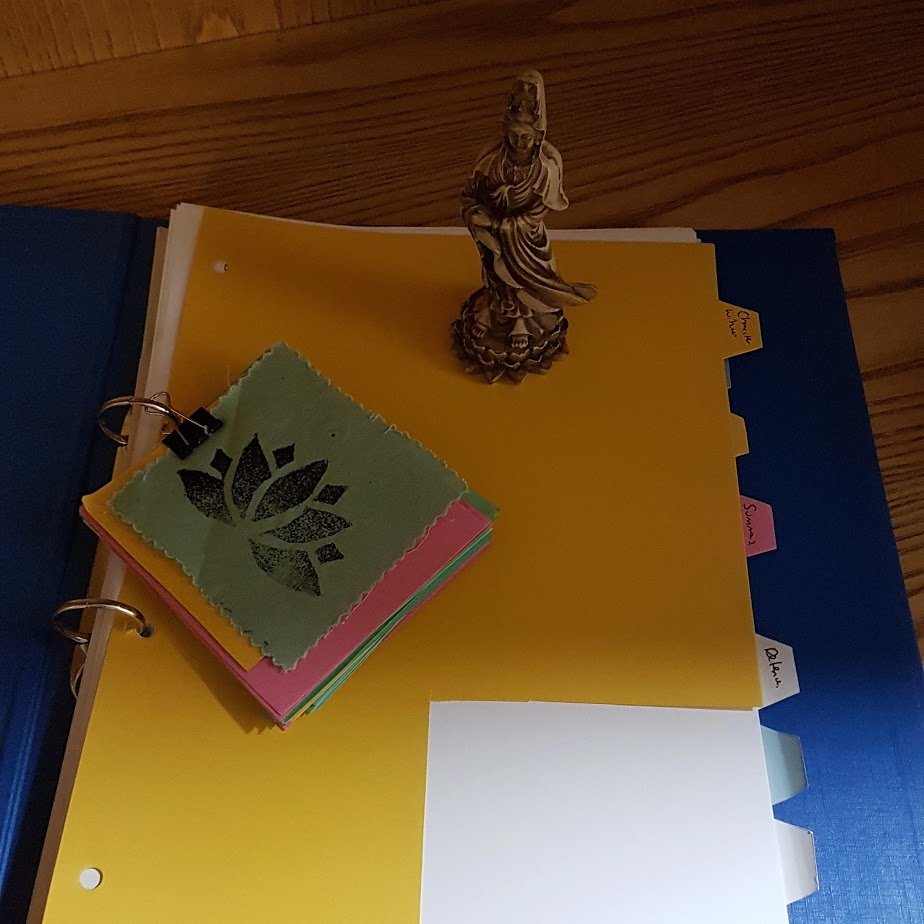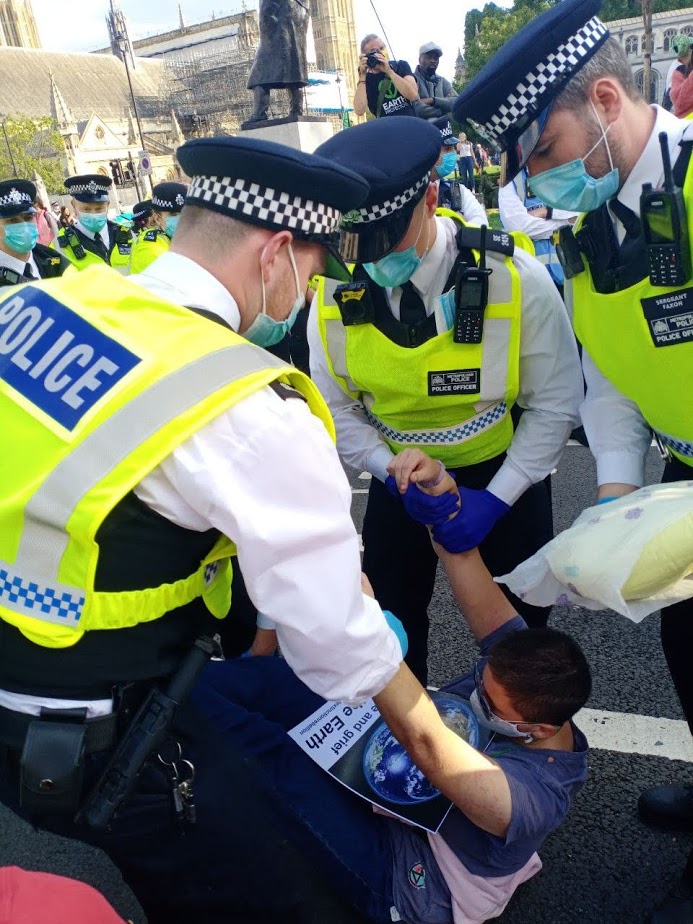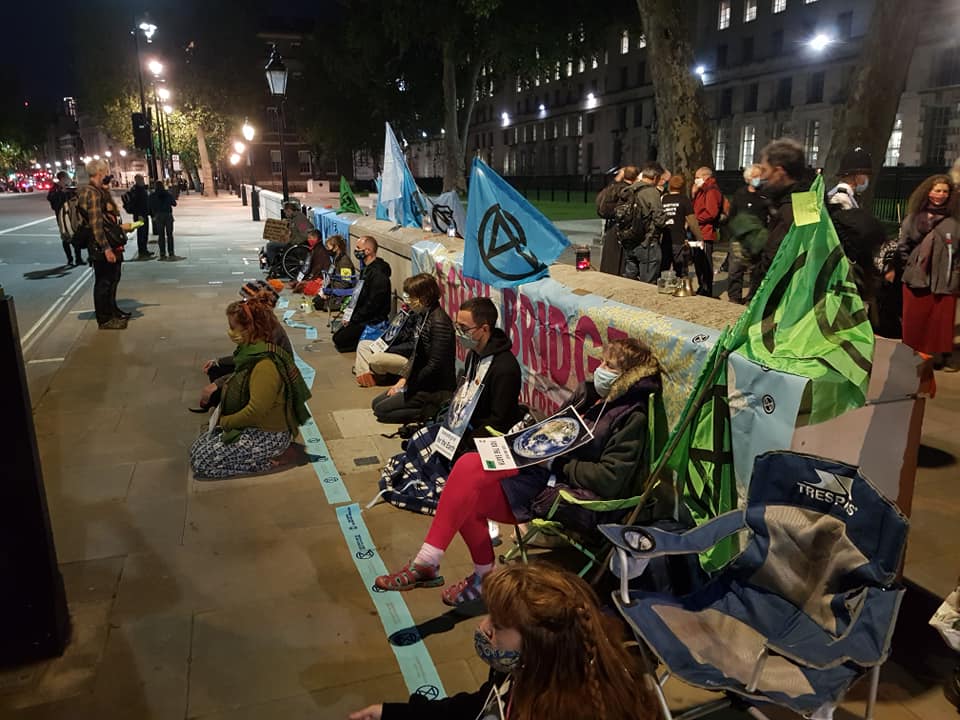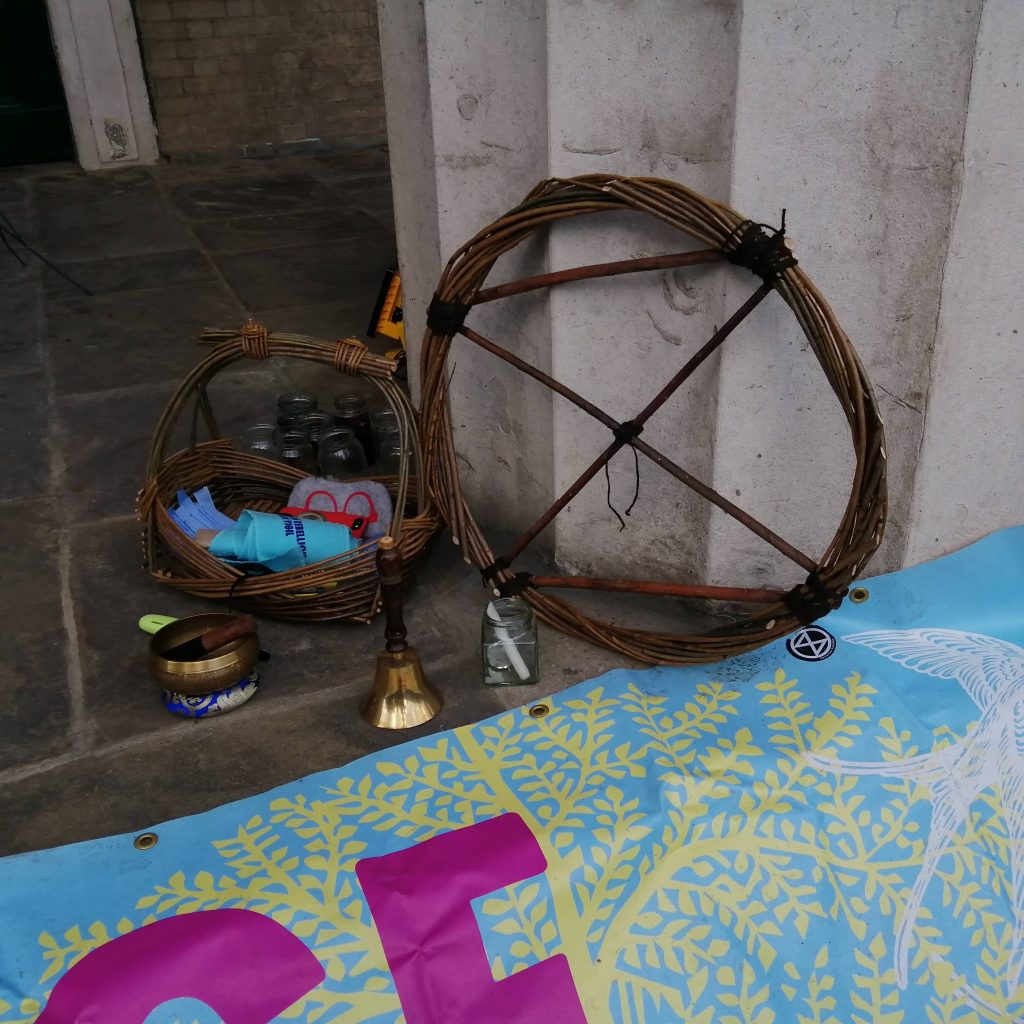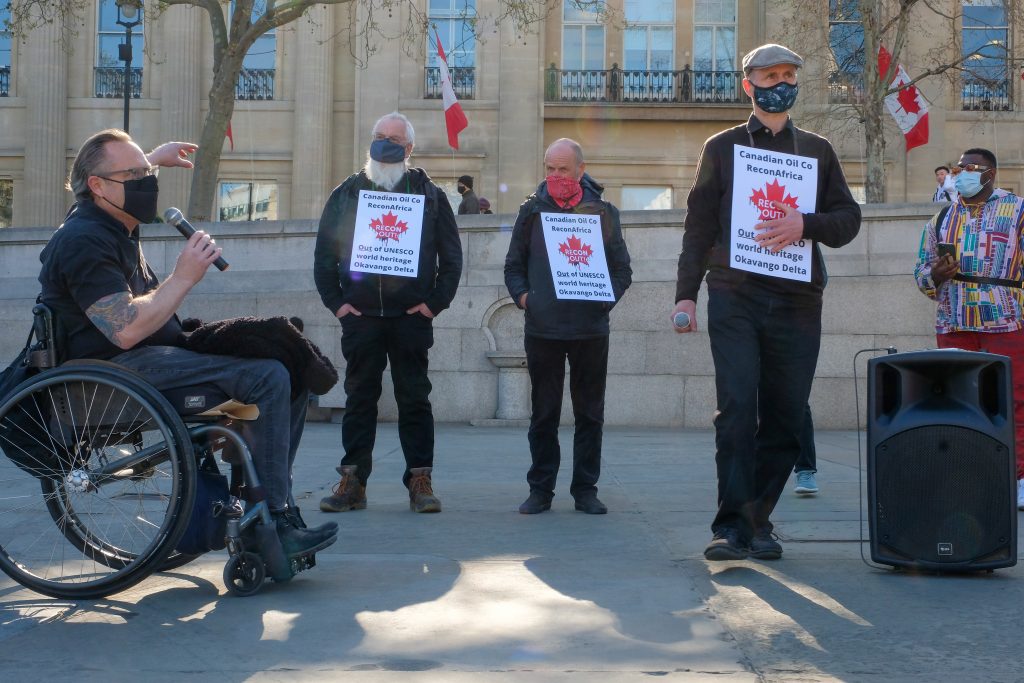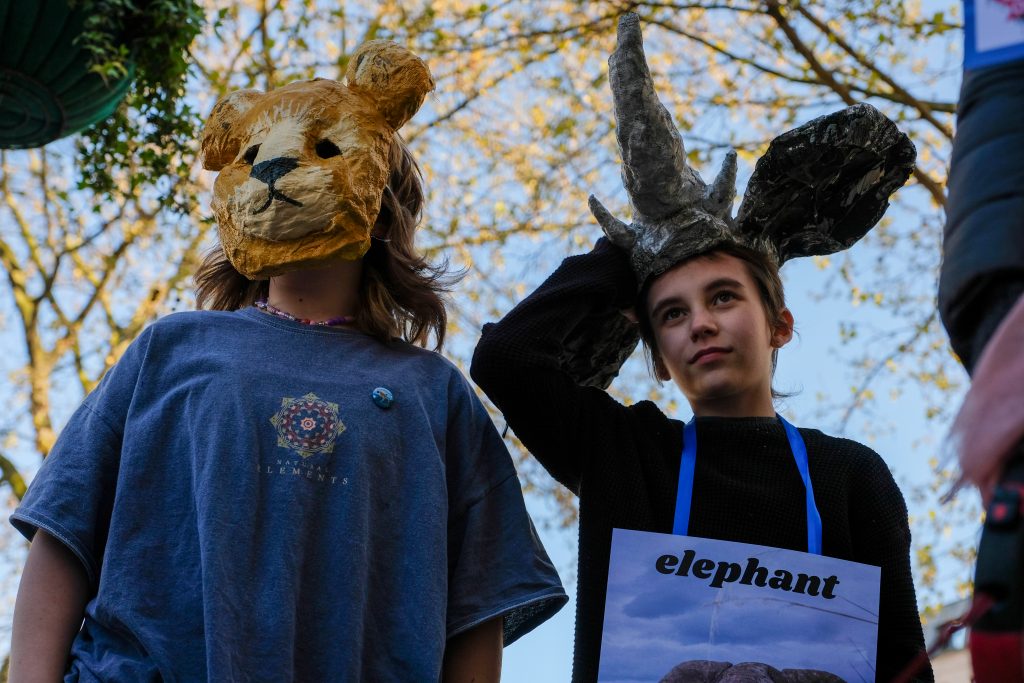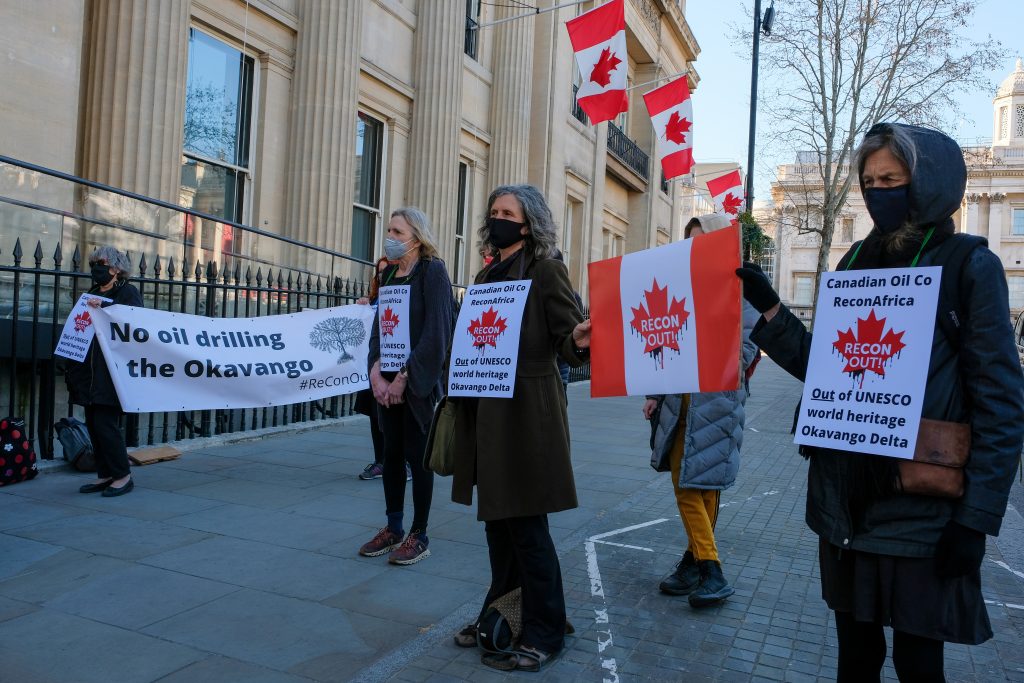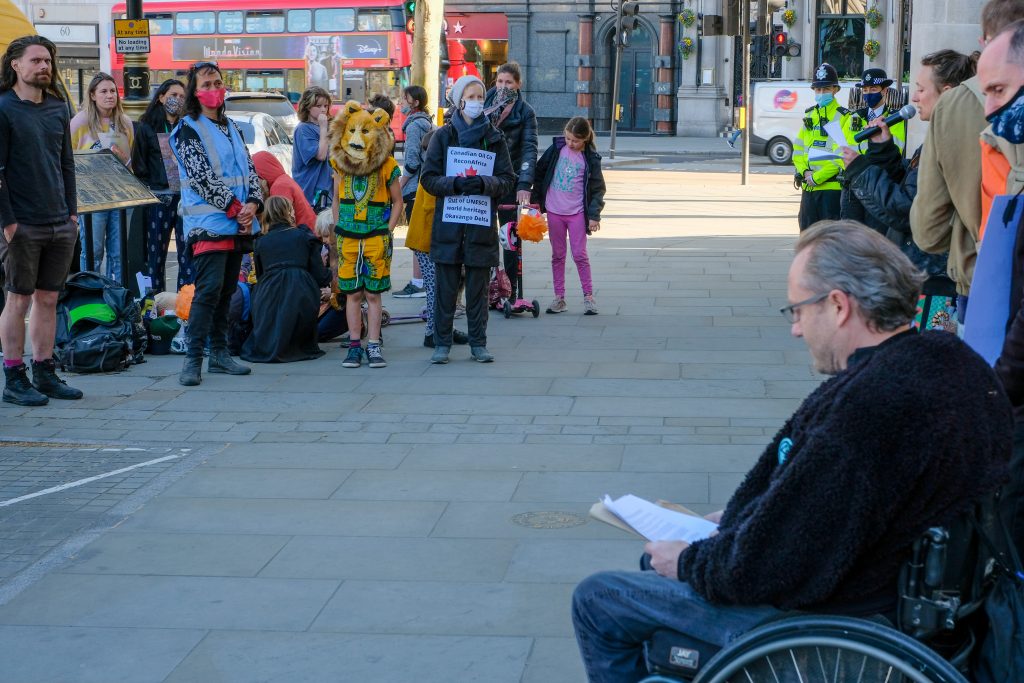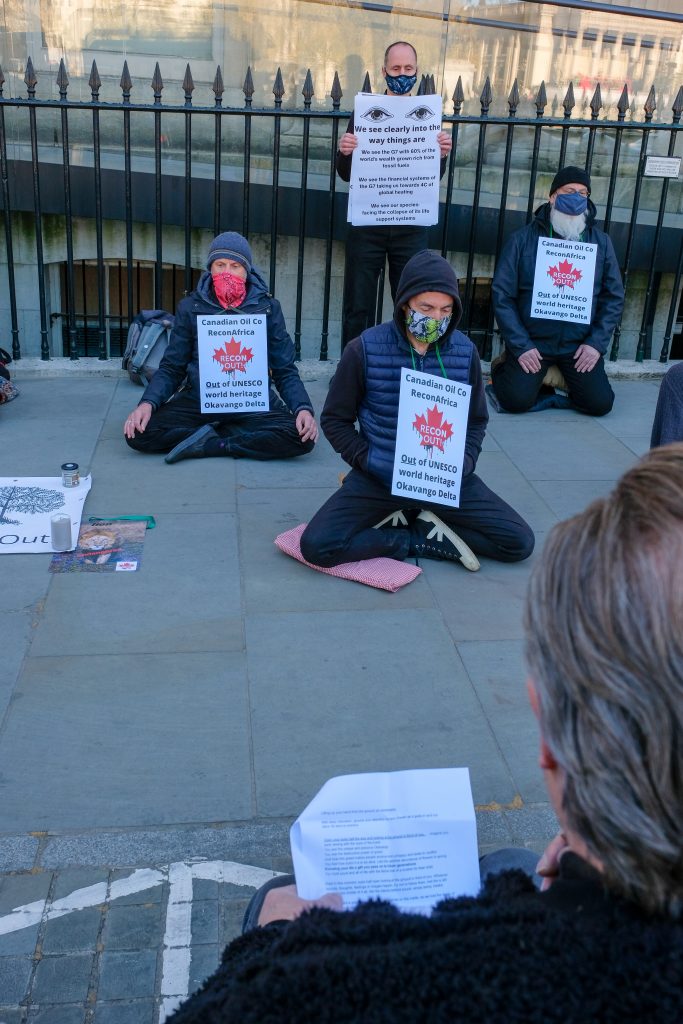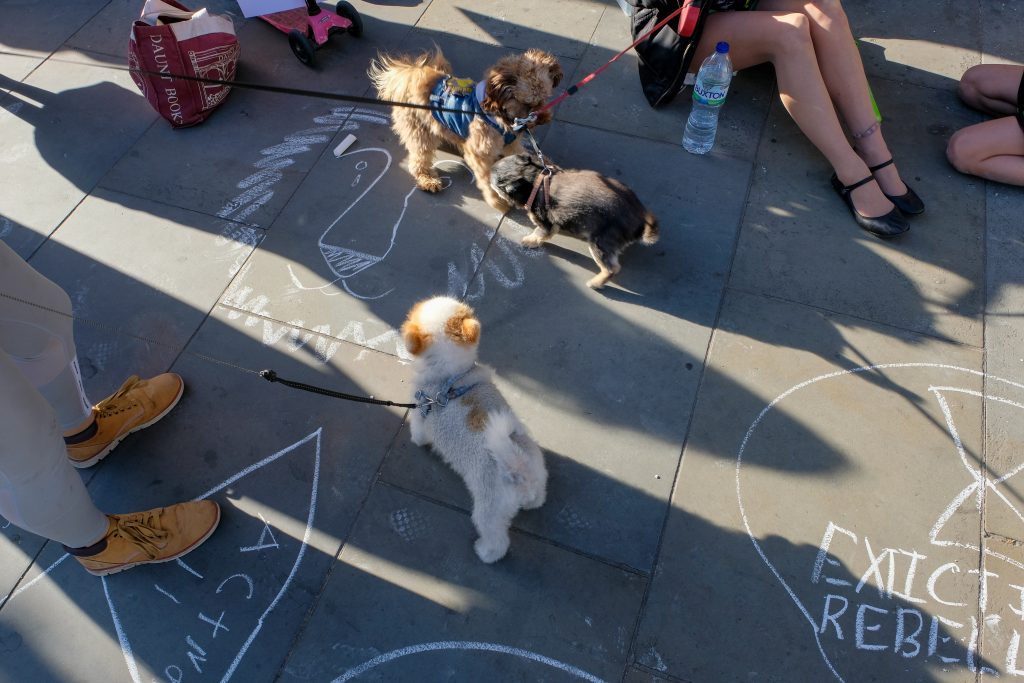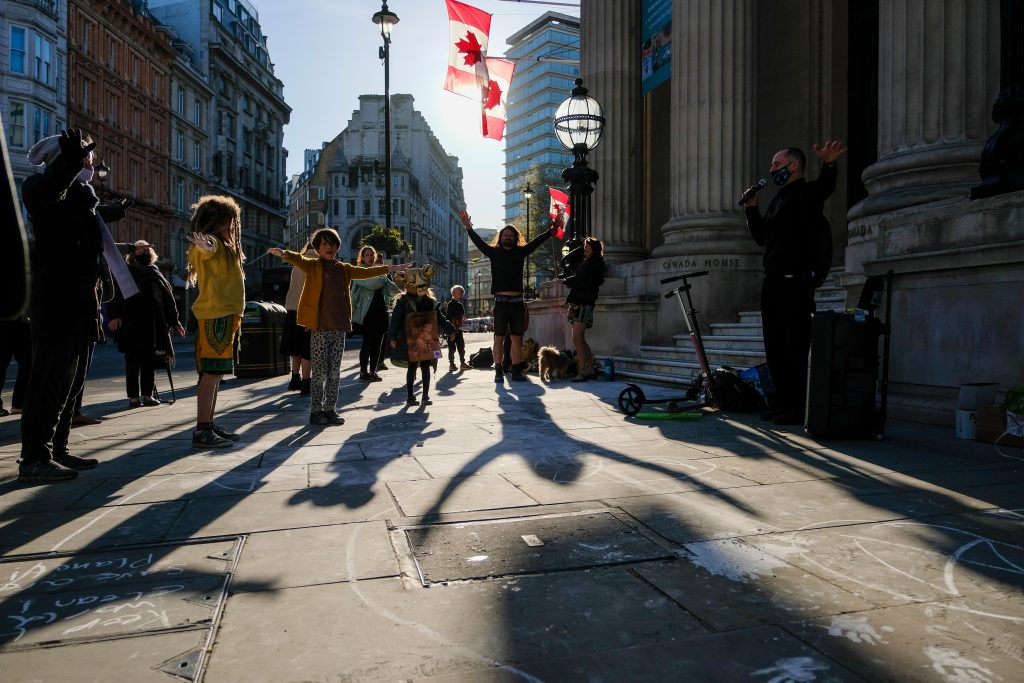Rebellion Report – Andy
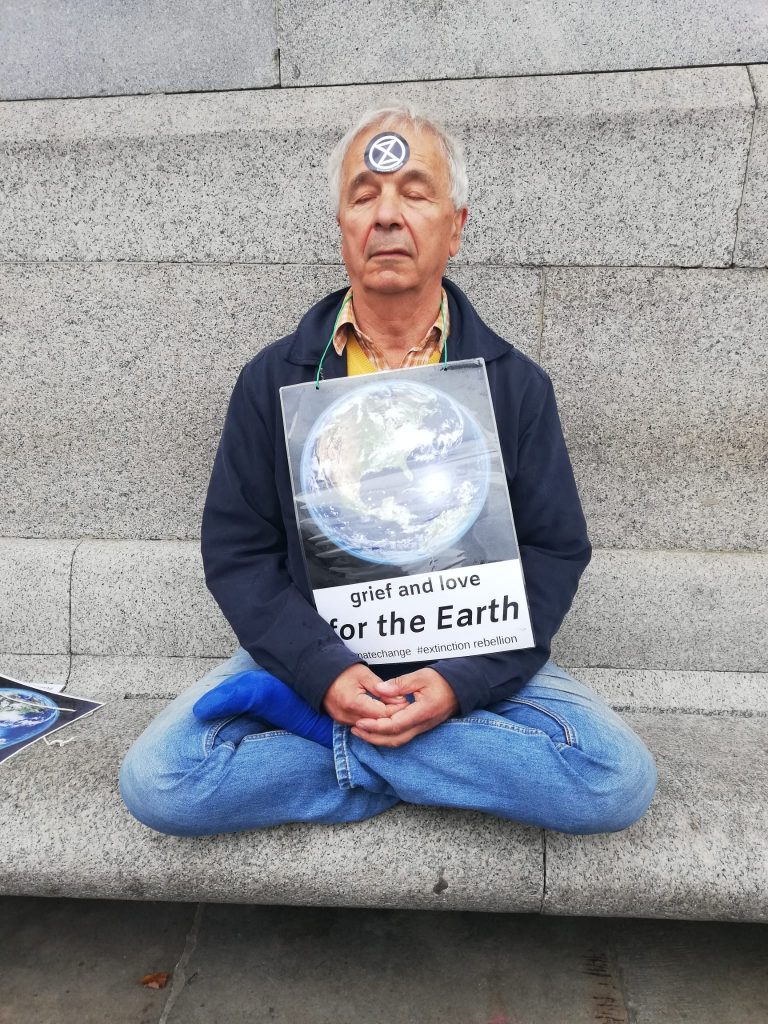
It was my second day at the rebellion. Up to now I had been engaged but not emotionally. The action at BP HQ changed that, because of the thoughts it stimulated during the meditation.
I have developed the habit of meditating on the four immeasurable thoughts during actions, somewhat as follows:
- May all sentient beings have happiness and its causes. May I myself bring them to happiness and its causes. Please Gurus and Deities, bless me to be able to do this.
- May all sentient beings be free from suffering and its causes…etc
- May all sentient beings abide forever in bliss and its causes…etc
- May all sentient beings abide in equanimity, and its causes…etc
As I started to get into this meditation, I began to think about who the sentient beings involved in BP include. I began with the CEO, maybe sitting in a big office at the top of the building; then all the others in the company involved in making decisions; then the shareholders, investing in order to get a return; then the motor industry, continuing to produce vehicles that consume the petroleum; the construction companies who make the roads; the politicians who facilitate this whole process through decisions about taxation and planning policy etc; and finally, we the public, who wish to travel from A to B.
As I took the thoughts deeper, I reflected on all the karma (action) of creating the causes of mass extinction through the creation of carbon emissions through using petroleum. I reasoned that if people are ignorant of the consequences, as many of us were in the past, then the karmic consequences aren’t so great. However, now we all know. Everyone from the CEO down knows. So, like it or not, all involved in the process are creating the karmic causes of killing on a wide scale.
The Buddha taught that the karmic results of killing are several – rebirth in a lower realm; when born a human, having the tendency to kill again or experiencing being killed; and living in a place with much violence and lack of resources.
What about knowingly generating the causes of mass extinction?
Not far into this train of thought, I started to break down in tears. It happened a few times during our half hour of meditation. At one point I opened my eyes and saw the most beautiful huge trees opposite, in St James Square. This triggered a further burst of tears for all the forests and their inhabitants destroyed by warming.
As I said in the debrief after, I find this unbearable, when it pierces my inner defences. Meditation has the capacity to do this.
I am now going into retreat for five weeks. I will revisit these thoughts and feelings during the retreat, I am sure. For me, this is the benefit of being a Buddhist, that one has a method for facing and working with the grief of the unbearability of what is happening.
The situation calls for the most powerful compassion. Compassion is the basis for action. Whatever action we take, based on such extraordinary compassion, will have a powerful impact, because the mind is powerful.
Andy has been studying, practising and teaching Buddhism within the Gelug Tibetan tradition for 40 years. He joined XR in 2019, and is active in his local XR group in South Somerset.
Rebellion Report – Andy Read More »

